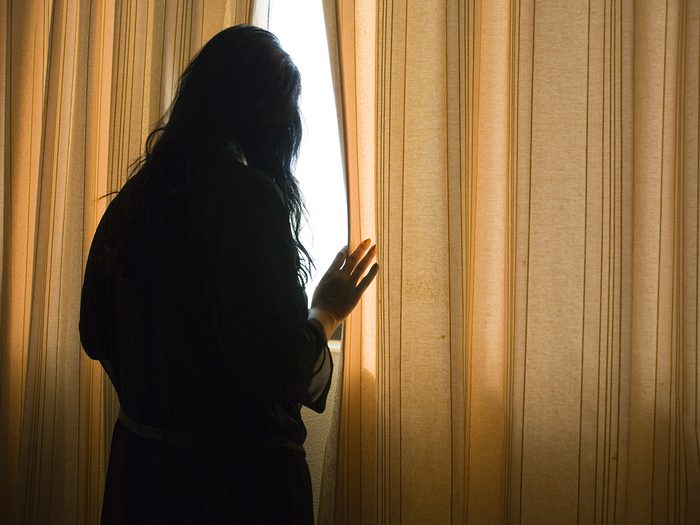
What happens if you don’t get enough sunlight?
You already know the dangers of getting too much sun, but what you might not realize is that not getting enough could be bad for your health, too. It’s certainly been challenging to take in some rays over the past year, with health agencies urging people to stay home throughout the COVID-19 pandemic.
If these warning signs sound familiar, you might want to make a point to add a daily walk to your routine, or at the very least, take breakfast or lunch on your porch, patio or balcony.
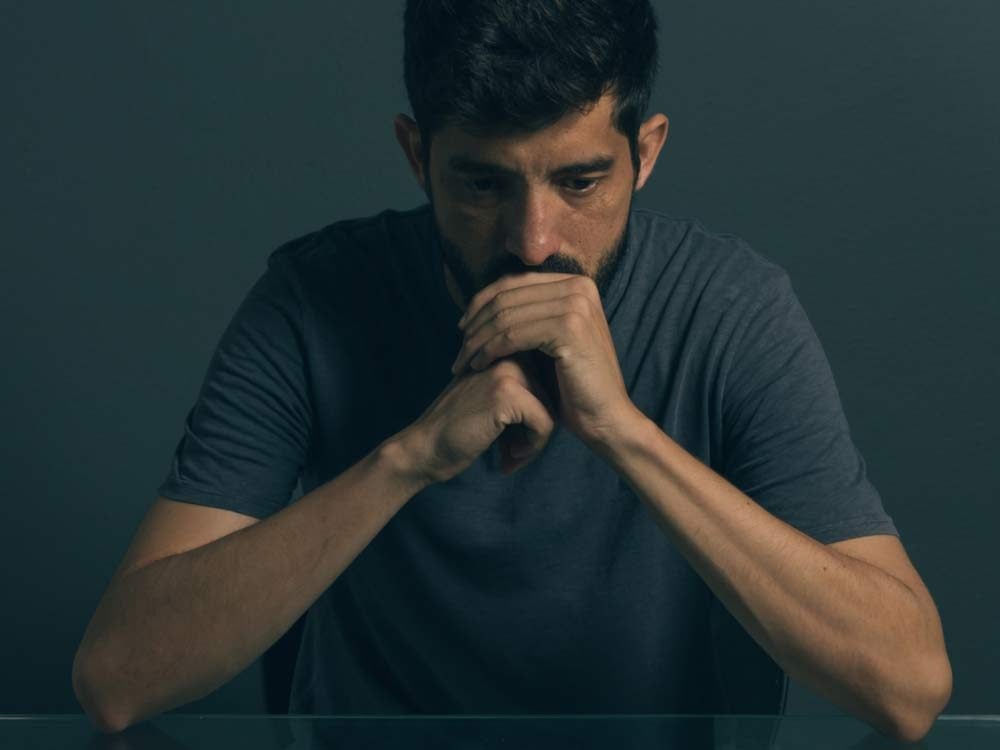
You’re feeling moody or depressed
Whether you call it the winter blues, cabin fever, or seasonal affective disorder (SAD), doctors often chalk up cold-weather mood dips to lack of sunshine. “Basically, it comes down to levels of the hormone serotonin in your brain,” explains Wesley Delbridge, RN, spokesperson for the Academy for Nutrition and Dietetics. “With exposure to bright light, like sunlight, serotonin will increase.” Translation? Catch a bit of sun, and your disposition could get sunnier, too.
Watch out for these signs of high-functioning depression.
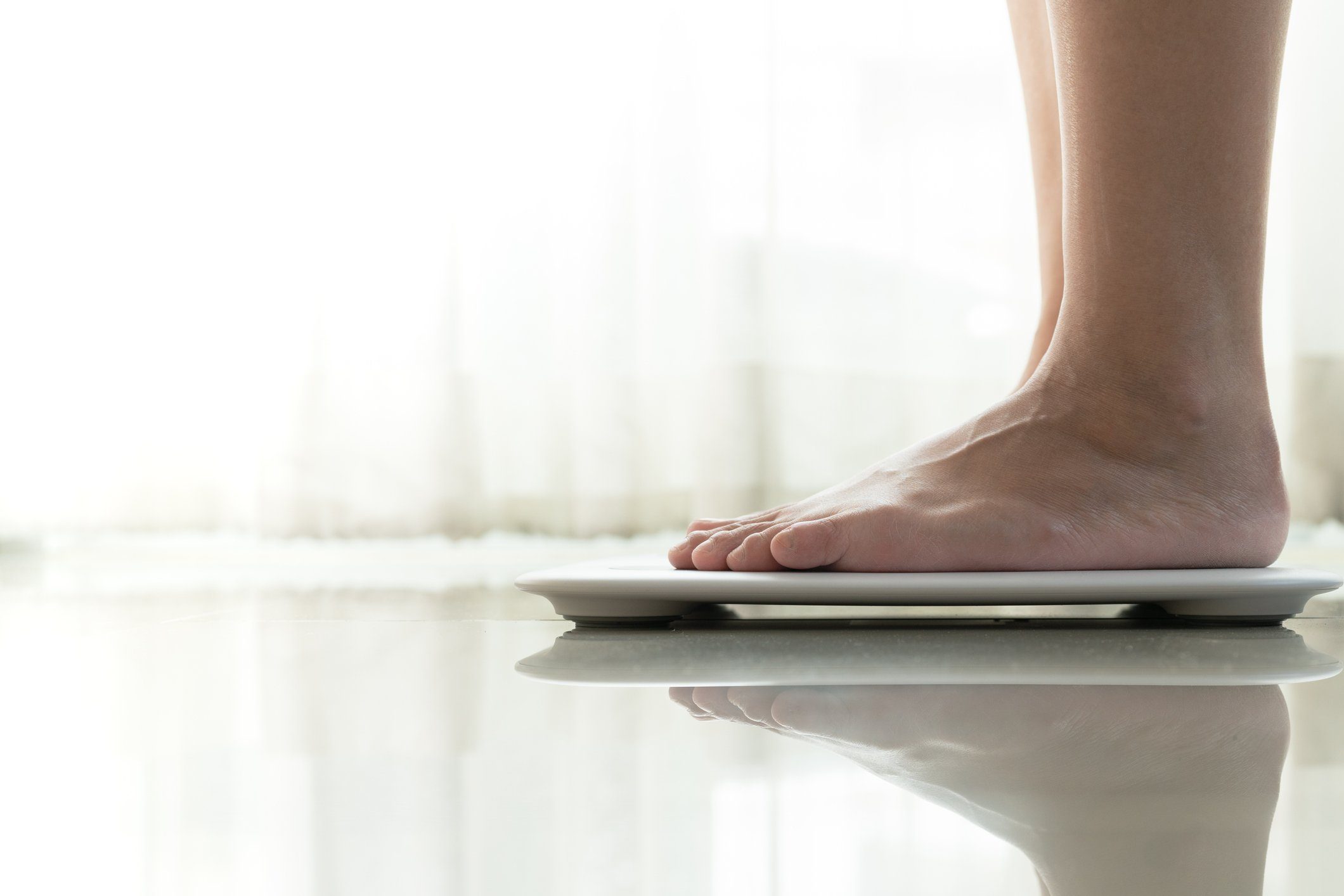
You’re gaining weight
Along with encouraging the skin to manufacture vitamin D, sunshine supplies the important nutrient nitric oxide, which keeps your metabolism running smoothly and discourages binge eating. A study published in the journal Diabetes found that exposure to UV rays may slow weight gain and ward off diabetes. Another 2017 Canadian study in Nature found that winter weight gain may be due to a lack of sunlight. More research is necessary on this topic, however, to determine a healthy duration and intensity of sunlight.
Here are more signs you’re not getting enough vitamin D.
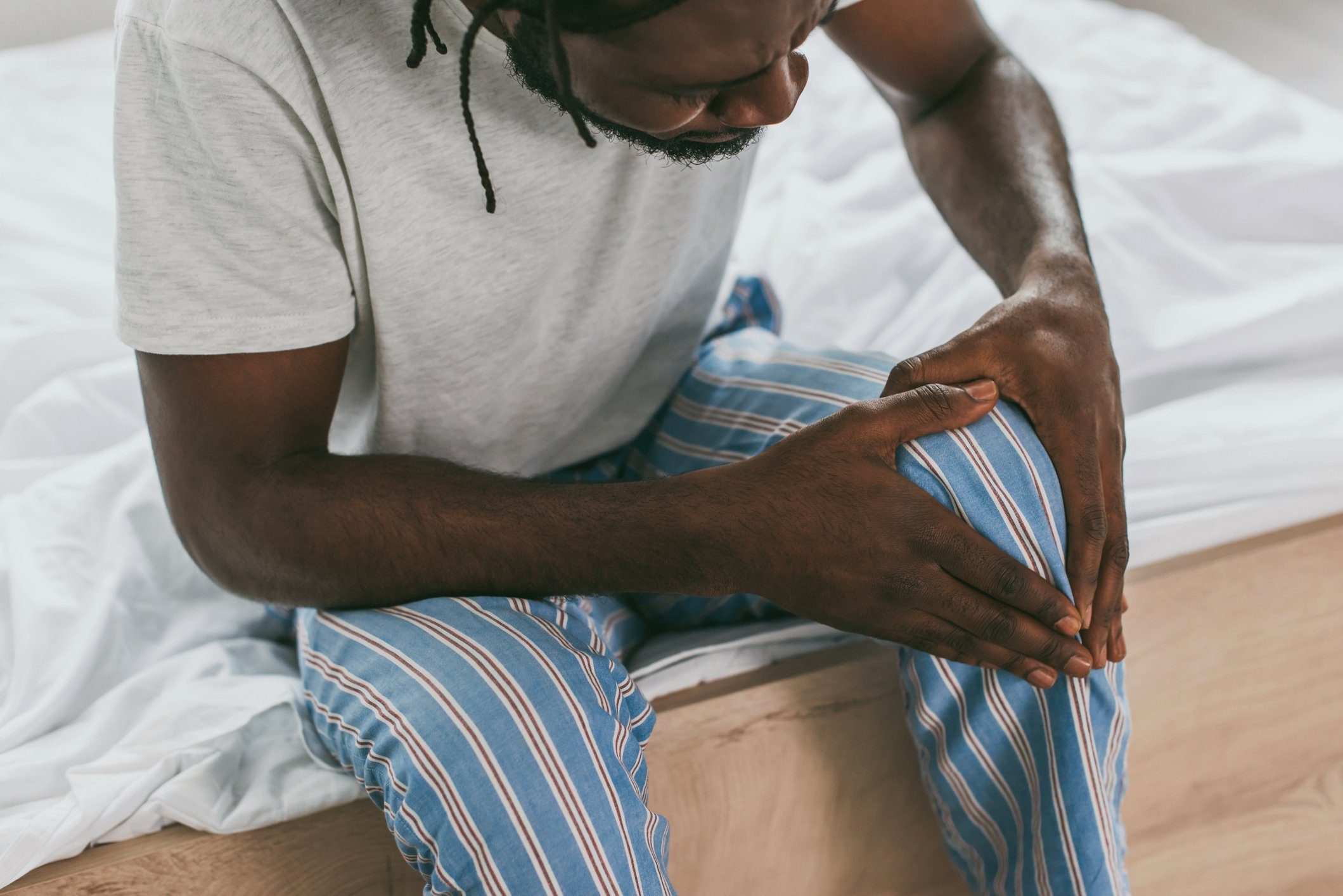
Your bones ache
What might be mistaken as arthritis or fibromyalgia (chronic muscle pain and fatigue) in adults could actually be a vitamin D deficiency due to a lack of sunlight, according to Delbridge. Adults who don’t get enough sunshine, especially in the winter when it’s too cold to spend time outside, often feel aches and pains in their muscles and bones, or they might feel a bit stiffer in the morning. Nutrients like calcium and collagen work together to build bones, but without a proper dose of vitamin D, the process is interrupted, and “your bones can actually ache and throb,” says Delbridge.
Consider doing these things daily to boost your bone health.

You’re not sleeping well
A lack of sunlight could wreak havoc on your body long after the sun goes down. According to the National Sleep Foundation, spending an extended amount of time in artificial lighting or staring at electronic screens causes serious sleep problems. In fact, if you skimp on the sun’s rays by staying indoors, you can throw off your circadian rhythm (your body’s internal clock), which could mean you’re not sleeping deeply enough, and may easily trigger insomnia.
Find out 19 things you can do throughout the day for a better night’s sleep.
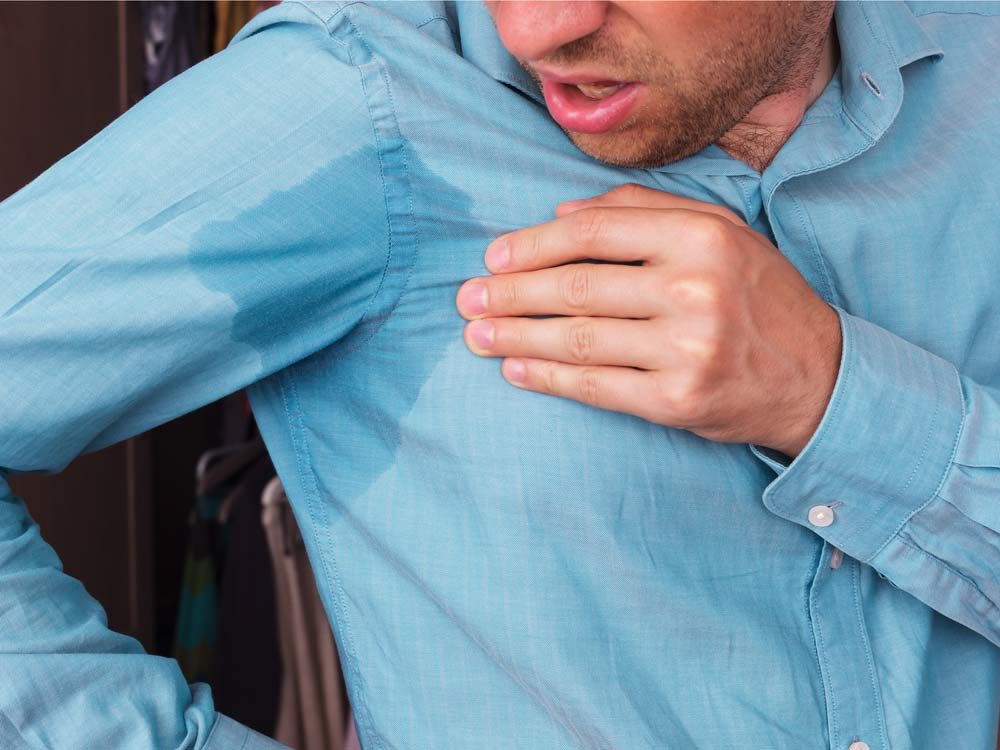
You’re sweating excessively
Excessive sweating on your forehead, especially if you’re not exercising or overheated, is one of the classic signs that you’re not getting enough vitamin D. If your forehead has a little extra shine (even if your body temperature and activity level is normal), it might be time to ask your doctor about getting your blood checked for a vitamin D deficiency. Even moderately low levels of vitamin D may be linked to a surprising number of health conditions, including diabetes, osteoarthritis, and cancer.
Check out these other medical reasons behind excessive sweating.
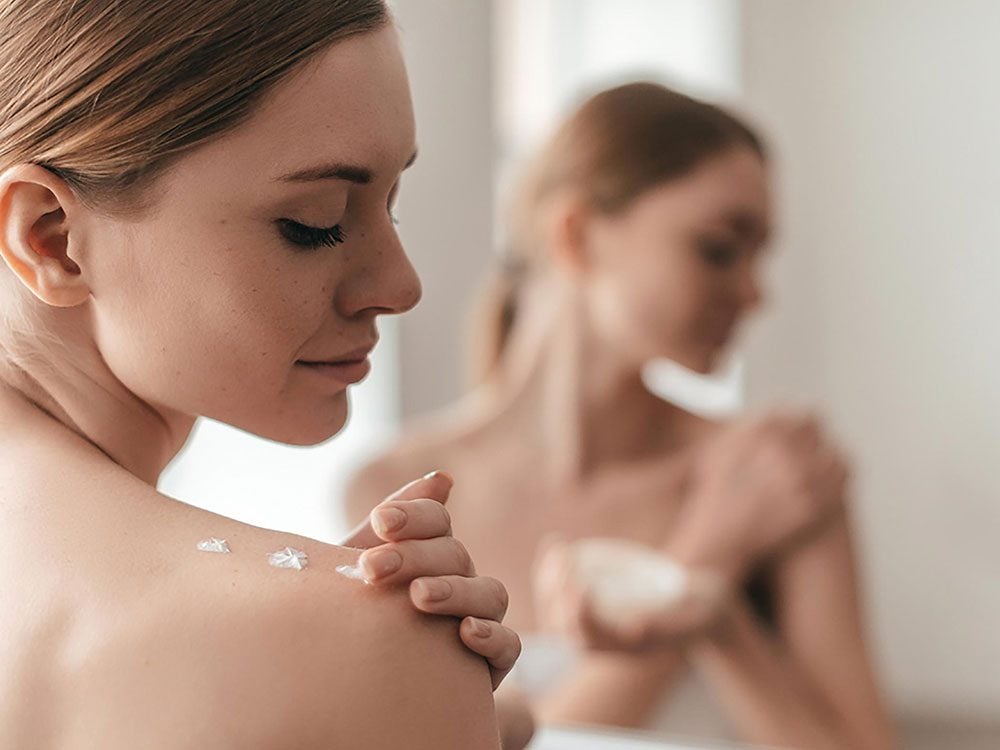
You always use sunscreen
Think more SPF is always better? In reality, the sun’s rays have many benefits, as long as you get exposure in moderation (around 10 to 15 minutes daily). It doesn’t need to be hot or even sunny to reap the rewards of good old vitamin D. Even on a cloudy, chilly day, a small amount of exposure to UV rays can help you live longer and feel happier. “The point is, get out there and feel some light on your skin,” says Delbridge.
Make sure you’re getting these other essential vitamins your body needs.